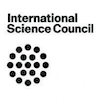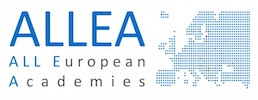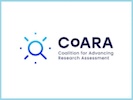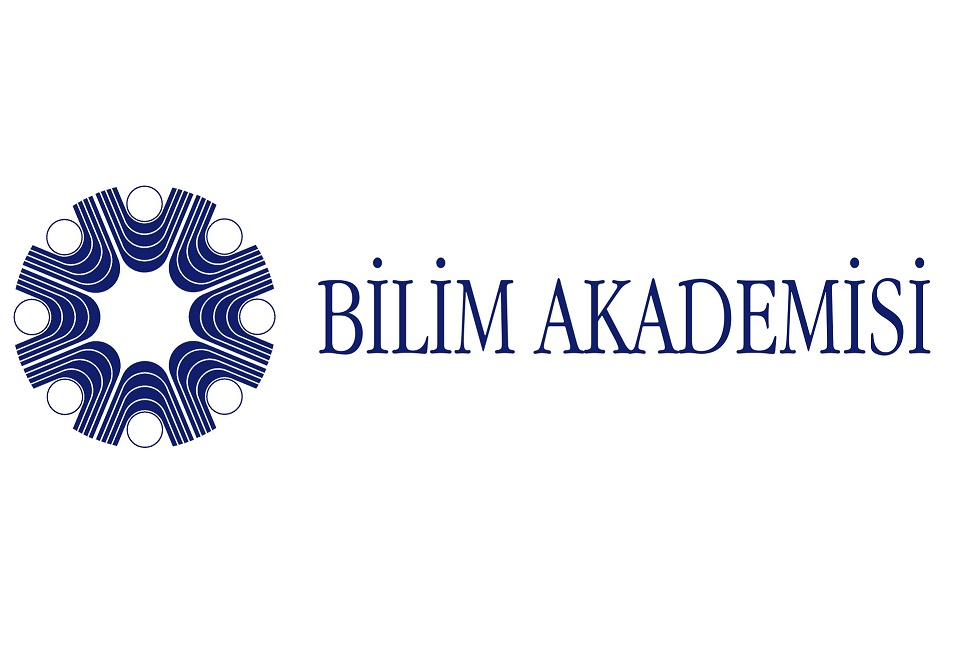The Science Academy has been publishing reports on academic freedom since the year 2015, summarizing the developments and sharing them with the public. The report we have drafted this year is once more a compendium of outstanding violations of academic freedoms in our country. Most of the violations stem from the authority accorded to the President of the Republic under the new laws or decrees, which make interventions and violations such as those enacted at Bogazici University possible, without any proper justification or dialogue with the university bodies before taking action in such critical matters as appointments or the creation of new schools within the university. These interventions defy academic traditions and are incompatible with the degree of institutionalization reached by Turkish universities, besides being questionable on a legal basis.
In our report, we summarize the difficulties put in the way of scientific research by certain ministries and the Higher Educational Council (YOK). In particular, we would like to point out the constraints introduced by the Ministry of Health on Covid-19 research and the arbitrary conditions put in place by the Ministry of Education regarding permissions for scientific research in schools. A new development introduced by the presidential decree is the foundation of a Genocide Research Institute within the University of Istanbul. Although this seems to be a positive step in the context of supporting such research, the unfortunate statement by the Higher Educational Council, which includes such a phrase as “the unfounded claims of genocide regarding the Armenians,” gives the impression that, what will be recognized as genocide or not, will be determined by the authorities already before the research is conducted. This is totally in conflict with the notion of research. Another instance is the rejection of a doctoral degree on the basis of the argument of the doctoral thesis, although the degree was conferred by a university already recognized by the Republic of Turkey. This point is further elaborated in the report.
The pressure on academics and researchers violates the right to work and to protect one’s personality, as well as posing a risk vis a vis academic freedom. Many instances in this regard are included in the report in detail and with references. A new development is the introduction in 2021 of a new law stipulating that persons to be hired by the state or public service be submitted to an “archival research,” of which neither the procedure nor the framework have been worked out. This is rightly construed as a means of exerting pressure on the academics. The Academics for Peace, who have been sacked from their jobs but have been cleared of the charges against them by the Constitutional Court asserting the supremacy of the freedom of expression, still await the result of their applications to the State of Emergency Commission to be able to regain their professional positions.
The demeaning attitude of the public authorities and politicians vis a vis faculty members, have by now reached the level of targeted harassment. On the other hand, those academics and researchers who, due to their jobs and scientific responsibilities, have reached out to the public and informed them regarding the Covid-19 pandemic and vaccinations, who have criticized the state of affairs or have brought to light issues such as plagiarism, have been assaulted and insulted over social media, their rights to work curtailed, while officialdom has refrained from making a firm assertion in the face of such harassment. The absence of a public policy to protect academics who serve the public by disseminating necessary information is unsettling. There are many instances in the report, in this domain.
We observe the decimation of the courses in the universities on gender, prevention of sexual harassment and assault, and the weakening of public institutions and organizations which could take the necessary measures. In our report we have included the most salient of those unfortunate examples, which are multiplying every year, and we outline possible preventive measures which could be installed.
The tendencies which ignore Academic Freedoms are increasingly encouraging brain drain, especially among the most capable of the young researchers. We see that the attitude of those political authorities who have no respect for merit, is being echoed by the upper echelons of the university staff. This is leading to the complete disappearance of a free, participatory, egalitarian and rational environment from our universities.




